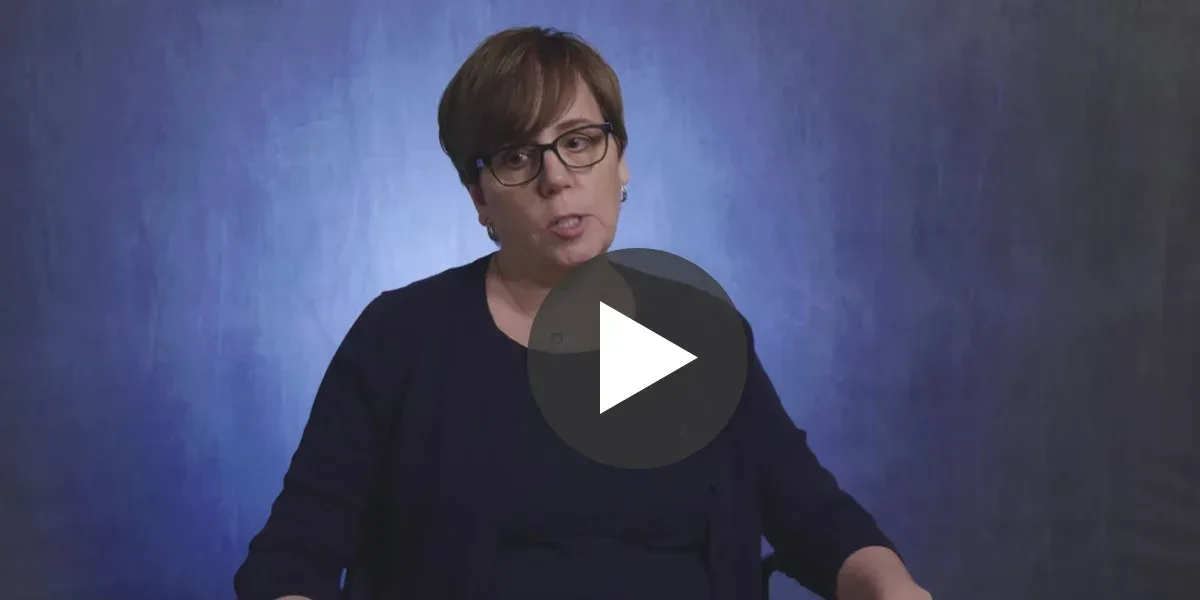
How Baylor Scott & White Uses CORTEX Reporting
Yesterday, Juanita Simmons, Director of Enterprise Intelligence at Xsolis, Scot Aiello, Enterprise Account Manager, and Michelle Perez, Regional Director for Utilization Review at Baylor Scott & White Heath, joined Grant […]
Xsolis Collaborates with Humana on New Approach to Utilization Management
Originally published on PRNewswire Xsolis, the company solving operational challenges in healthcare, is partnering with Humana Inc., a leading health and well-being company, to offer its real-time, predictive analytics […]
Xsolis Collaborates with Humana on New Approach to Utilization Management
Humana using communication & analytics platform for utilization review with participating providers NASHVILLE, Tenn., July 19, 2021 – Xsolis, the company solving operational challenges in healthcare, is partnering with Humana […]
Back in the field in Orlando: ACMA National 2021 Conference
It is good to be back in person. After a year filled with Zoom calls, FaceTime huddles, and Teams meetings, hitting the road to Florida came as a welcome relief.
Using Dragonfly as a Director of Case Management
Kelly Layton has over 23 years of experience and leadership in case management, utilization management, discharge planning, and hospital operations. Most recently, she served as Director of Inpatient and Post-Acute Care […]